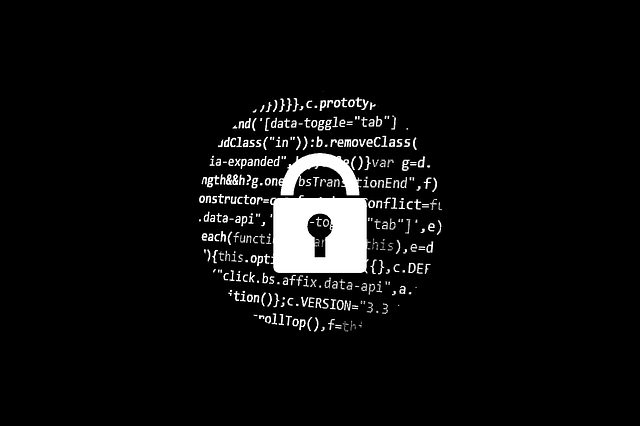
In uncertain times, those who look to perpetrate fraud will try to exploit an individual’s anxiety, or even generosity. The current environment is no exception, as fraudsters are creating increasingly sophisticated scams in an attempt to steal an individual’s personal information and assets. See the information below to learn more about what you can do to protect yourself from scams.
Below are some common scams to be aware of:
- Social engineering: Fraudsters are sending emails and text messages, and calling, claiming to be health officials or other experts providing information about the coronavirus. Often times, the emails can contain links or attachments with malware, or direct the individual to a malicious website where personal information or login credentials are collected.
- Investment scams: In times of market volatility, scammers capitalizing on fear will offer “guaranteed” returns to draw investors to fraudulent investments. Any offer that seems too good to be true is likely that. Unscrupulous and unlicensed advisors may offer investments in precious metals or employ abusive sales practices to convince weary investors that the investments they offer are “safer” than their current portfolios.
- Donation scams: Fraudsters often appeal to an individual’s natural willingness to help. Sometimes, they may set up illegitimate charities asking for help to support individuals in need. Other times, they may pose as a representative of a legitimate charity and provide fraudulent payment instructions, sometimes requesting cryptocurrencies, like Bitcoin.
- Purchase scams: Fraudsters are increasingly targeting consumers online. Cyber criminals are creating fake websites, or posting ads on social media, in an attempt to sell fraudulent products. Often times, individuals will pay the scammer, but will never receive the product.
- Personal emergency scams: Fraudsters may pose as sick relatives or friends, calling or sending messages urging that you send funds quickly. They may say they need to pay for hospitalization or for repatriation from a foreign country to convince you to send funds before you can validate their story.
What you can do to prevent fraud
Be vigilant. Look out for phishing emails, phone calls and text messages.
Check the email address of the sender: Scammers often create email addresses that may look familiar at a quick glance, tricking the reader into believing the email is legitimate.
Hover over hyperlinks to view the complete web address before you click on a potentially malicious link. Often, clicking on the link will direct you to a webpage that may look similar to one you have seen before, but contains additional fields requesting personal information or payment information.
Confirm the identity of the requester via an alternate, verified method before providing any personal or financial information.
Some common warning signs in emails include poor grammar and spelling, urgent language, fake logos, and little or no contact information.
Research the company and investment to ensure that they are legitimate. Don’t be pressured or rushed into buying an investment before you investigate the “opportunity.”
Before donating to a charity or crowdfunding site, research the organization to determine its legitimacy. Most charities and health officials do not accept cryptocurrency.
Be wary of obscure online retailers, check their reputation, and when responding to special offers, especially through unsolicited emails and social media:
Research the company and product before the purchase. As a best practice, navigate to the company’s website to purchase the product rather than through a third-party seller. If the product seems too good to be true, then it probably is.
Resist the urge to act immediately no matter how dramatic the claim or urgent the situation.
Verify the identity of anyone contacting you, or offer to call back on a phone number that you know to be genuine.
Fact check claims with someone you trust.
Don’t wire funds, or send money orders or checks, without the appropriate due diligence.





































